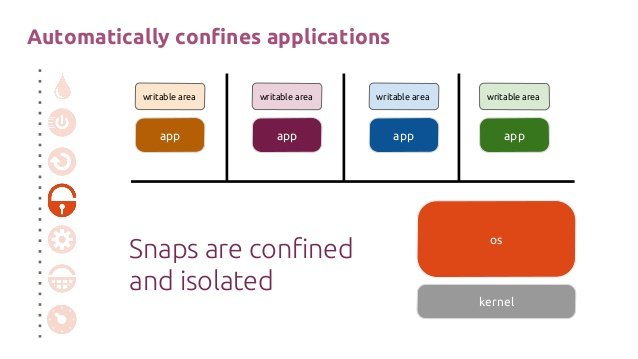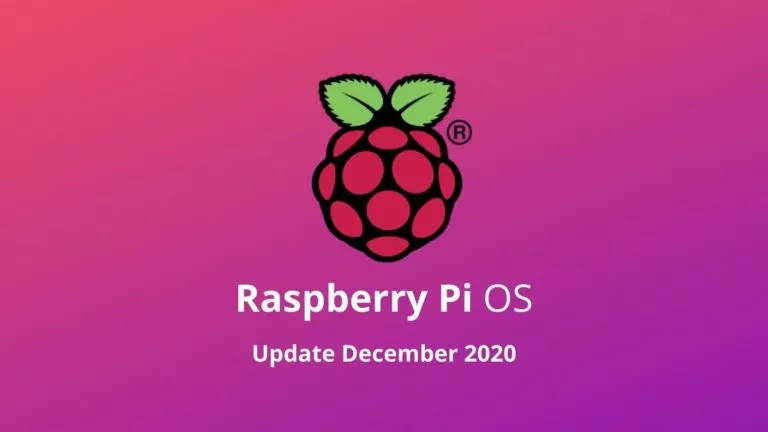

We believe bringing support for these technologies to Raspberry Pi is a leap in the right direction. To make it so any developer with an interest can take advantage of it. A problem Canonical and many others have been trying to solve is making these technologies more accessible. We were even humbled to join Eben Upton, CEO of Raspberry Pi Trading, for a few joint interviews to spread the word.įor those who don’t know, Kubernetes and container management are buzz words for technologies used in Data Centres and clouds by the biggest companies in the world.

We had lots of good conversations on Reddit, Twitter and in the Ubuntu Discourse. Plenty of folks sent in pictures of themselves making use of Raspberry Pi on Ubuntu. We printed limited edition Groovy Gorilla stickers for people to win in a little competition, or to get with their Pi 4s from our friends at Pimoroni. This release was our biggest for the Raspberry Pi to date and it generated the most discussion in the community. You have access to the vast Ubuntu community, can browse the web, watch the latest films and T.V shows, and develop with the latest open source technologies (that have ARM support… we’re working on it). This means you can do almost anything you do with an Ubuntu Desktop on a Raspberry Pi. We are committed to doing the same thing for every Ubuntu Desktop release in the future. Now you can get yourself a Raspberry Pi 4 (or a Pi 400), stick Ubuntu Desktop 20.10 on it, and it just works. Numerous teams at Canonical including Desktop, Kernel, Foundations and the Certification team engaged with the folks over at Raspberry Pi to collaborate on making sure Ubuntu is a first-class experience.
#Raspberry pi pi os ubuntu arstechnica full
When the Raspberry Pi 4 came to have 4GBs, enough RAM to run a full Desktop, we got to work. And while Raspberry Pi OS is great at what it does, it’s fair to say there are more mature distributions.
#Raspberry pi pi os ubuntu arstechnica Pc
People have been trying to use Raspberry Pis as a day to day Desktop PC for years. On the 22nd of October, we announced the Ubuntu 20.10 release with FULL support for the Raspberry Pi 4 (4GB+). This is a roundup of all things Ubuntu on Raspberry Pi 2020. But we have made strides in the right direction. We are by no means done and still have a long way to go.

This year marks the beginning of a stronger collaboration between the folks at Raspberry Pi and us at Canonical. We see the good they do and the joy they bring and can’t help but be impressed. Like many others, we at Canonical have a deep appreciation for all things Raspberry Pi. We’re almost there, 2021 is just around the corner.


 0 kommentar(er)
0 kommentar(er)
